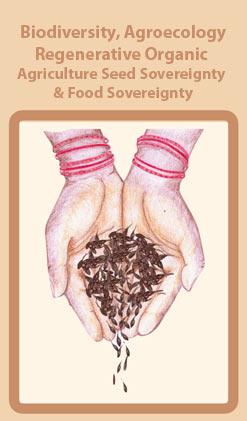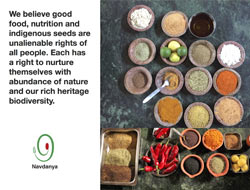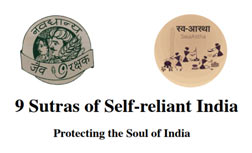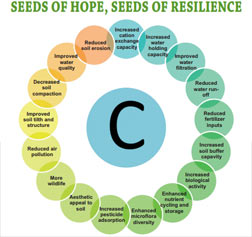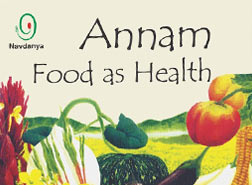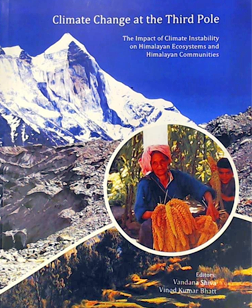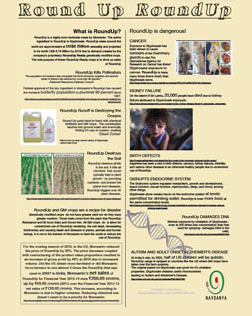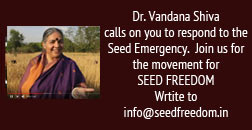The peasants and farmers of India are the most resilient and independent community I have ever known. They have defended their rights and fought injustice and bounced back after every flood, drought and crop failure.
Why then are they giving up on life today? Why are they committing suicide in such large numbers? Addressing these questions has become a critical survival imperative not only for farmers, but also for all of us who rely on the food they put on our tables.
The epidemic of farmers’ suicides in India started after 1995, when agriculture policies were changed under the pressure of the World Trade Organisation agreements that ushered in the era of corporate globalisation. When Lee Kyung-hae, a South Korean farmer, killed himself at a WTO protest in Cancun, Mexico, in 2003. He wore a sign that read, “WTO kills farmers”.
Corporate globalisation has brought four tectonic shifts to Indian agriculture as well, setting it on the path that’s leading to devastation.
Firstly, corporate globalisation replaced food sovereignty with import dependency. A false idea was generated whereby food security did not mean growing your own food, but, instead, importing it. For this idea to be turned into practice, India dismantled every policy that had ensured justice for our small farmers and guaranteed our food security.
Secondly, another false idea began to take root — that our small farmers are dispensable to the future of India. This, evidence is increasingly showing, could not be further from the truth. Small farmers grow 70 per cent of the world’s food on 25 per cent of the world’s land.

